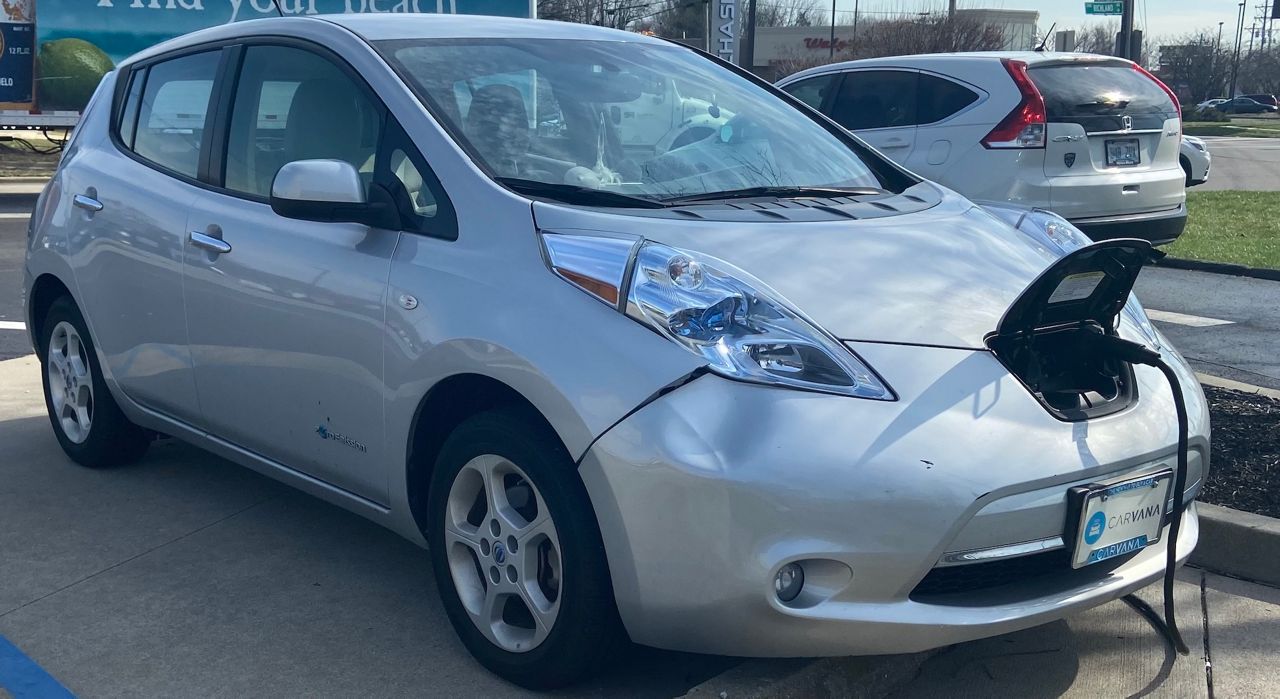Officials in New York want to make it easier for people with electric vehicles to charge their cars by approving regulations this week meant to encourage charging during beneficial times for the power grid.
The changes approved by regulators at the Public Service Commission also come as New York is, over the long-term, working to phase out carbon fuels and transition to more renewable forms of energy in the coming decades.
"I am proud to say New York leads the nation in clean energy innovation to combat climate change and bring environmental justice to impacted communities," Gov. Kathy Hochul said. "Today's action brings us one step closer to a greener, emission-free future, and expand upon the benefits of electric vehicle ownership by providing added savings at a time when New Yorkers need it the most."
The switch from gas-powered vehicles to electric cars, however, will take a variety of changes to ensure there is enough energy to manage the heightened demand. That means making sure the infrastructure is in place to make it work.
Setting that in motion on Thursday was a move by the Public Service Commission to have utilities develop managed charging programs meant to provide customers with an alternatives to the "time-of-use" rates that are currently in place. That move is meant to make it more beneficial to charge vehicles during specific times to alleviate the burden on the grid.
At the same time, the Public Service Commission is advancing the EV Make-Ready program that will provide funding for electric vehicle infrastructure to build 50,000 new public and commercial Level 2 charging ports. Those ports are capable of charging at least twice as fast as a standard wall outlet.
Officials also want to encourage the adoption of these ports in low-income communities across the state.
"As the adoption of EVs increases throughout the State, well-designed EV managed charging programs will provide essential benefits to the utility and transportation sectors," said PSC Commission Rory Christian. "By providing EV drivers with incentives for beneficial charging behavior, along with resources that makes charging hassle-free, the managed charging programs will create a win-win for EV drivers in the form of lower fuel costs and the grid in the form of reduced infrastructure costs."



